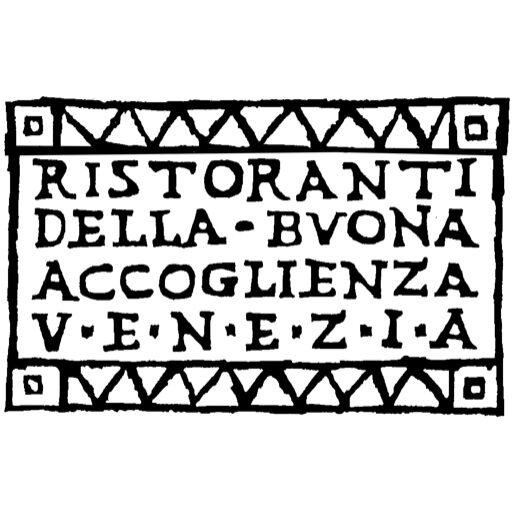wildner
WILDNER
From a story by Luca Fullin
Wildner has always been managed by my family, particularly by my grandmother and her brothers. We come from a history of restaurants in Venice. My family is from Rialto, Campo delle Beccarie, and at one point, we had four restaurants in Venice, between Rialto and Via Garibaldi. At a certain point, however, my uncle Renzo, one of the brothers, decided to concentrate the family’s financial efforts on hotels. In 1960, on Riva degli Schiavoni, he found Wildner (inherited name from the previous ownership, even though the place was already famous, having been open since the 19th century and called Eldorado). It became available for management.
So, from the various restaurants, the family moved there and started managing this inn. It served both as a hotel and a restaurant. It was run as a family trattoria, offering good traditional cuisine. At a certain point, with age, they scaled back on the restaurant aspect as they couldn’t focus their energies.
Then I came along. We decided to reestablish the formula of traditional seasonal trattoria cuisine, working with the local area and recipes linked to Venetian culinary culture. What was my guiding principle? Slow Food. I met Petrini when I was very young and changed my perspective on raw materials, seasons, territory, cultural tradition, and seeing the restaurant as a means to promote culture. Of course, we are in a very touristy place. It has truly become a hub for mass tourism in Venice, unfortunately, because Riva degli Schiavoni was the most beautiful promenade in the world after World War II. There are images of women wearing hats walking this route, which led to the arsenal and the Biennale gardens…
Today, the Riva degli Schiavoni has become an interport, an area of exchange for thousands of people. We are among the last families that still offer hospitality in the fore front to foreigners. This is our story, this is the real Venice.
At Wildner, the idea of cuisine has always had the same Venetian roots but has inevitably been modernized. There are culinary techniques that have arrived over time to ensure colors and flavors, and that’s normal. Then, our cuisine has also evolved based on our life experiences. The basis is, of course, the same because it was tradition, the market, the season that conveyed these emotions in a context that remains the same—the family. The menu, therefore, reflects seasonality, but there are some dishes that we’ve always had. We try as much as possible to source from local markets.
Let’s say that the common vision of Buona Accoglienza Association leads to making certain choices within the restaurant, and the common thread of the restaurants within the association is to propose a cuisine based on shared values—territory, seasonality, familiarity. Today, it might seem commonplace because there are many young establishments that have grown in Venice, but I can assure you that twenty years ago, when I started, Venice was known as a place with bad food.
Today, we can say that we have greatly raised the level of Venetian cuisine, both as interpreted by Venetians themselves and by chefs like Alajmo, Bartolini, and more. Chefs have come, and families have invested. Partnerships have been established, companies that have invested capital in Venice. All of this has undoubtedly led to an increase in the level of Venetian cuisine.
Buona Accoglienza Association must first and foremost be a certification. There is a common thread of quality, and this must be clear to those who are part of it and to the end-users. Certainly, the association must increasingly be rooted in the figures of the families who run these places. It cannot lack that sense of homey hospitality, that extra bit of pampering, that more human and familial contact. This is done by people, and this is regardless of what you find on the plate, because we are all very different in that sense. Walking into Vini da Gigio and finding father, son, sister; walking along Riva degli Schiavoni, entering here and seeing me, my father, the dog…there is something genuine and authentic about it. It seems to me that people need this more than before. Of course, this applies to someone who understands Venice, enters these circles, and is an informed person, someone who seeks this. Someone who craves that emotion, needs that personal relationship, which is worth more than the dish itself, the recipe: that thing has enormous abstract value. And as time goes by, it will have more and more of it.










Tel. 0039.041.5227463

